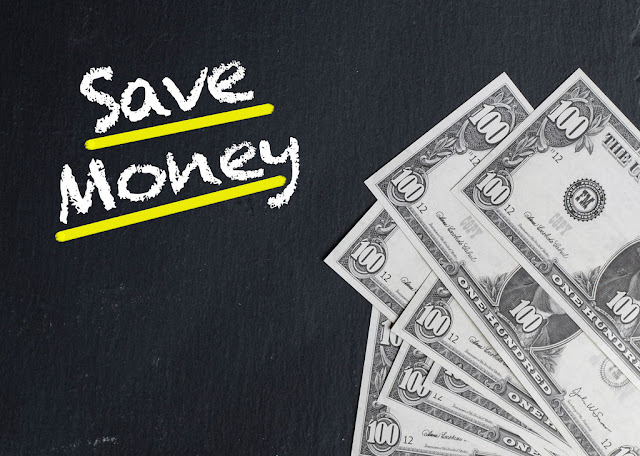Being green at home is actually very easy today. All you have to do is be committed to reusing, refurbishing, and recycling. When you do that, you tend to buy used instead of new and be careful about what you bring into your home.
1. Only Buy Used Furniture – Don’t buy anything new unless it’s a necessity, and choose natural fibers over fake ones if you buy new. When you purchase used, though, you tend to find a higher quality real wood furniture for pennies on the dollar that you can refurbish to truly make your own.
2. Eat Less Meat – While going completely vegan (and only eating whole natural food) is probably the best option for both the environment and your health, just eating less meat will also help. Also, change to buying all your meat locally direct from farmers.
3. Don’t Buy Bottled Water – Bottled water is one of the worst environmental offenders. You can cut down on the bottled water by installing a filter. If you cannot do that, order the refillable bottles for your dispenser to at least cut down.
4. Use Glass Not Plastic – You don’t want to toss out your plastic unless you are worried about your health, but as you need to replace old containers, buy glass instead of plastic. The best containers are really the canning jars, as you can get them in all sizes with good lids to use for everything.
5. Replace Old Bulbs with LED Bulbs – As your bulbs burn out, replace them with a good quality LED bulb. Most of them last at least five years if not longer. Don’t be cheap and buy a generic bulb; stick to name brands with a guarantee as they can be pricy at first. Having said that, you won’t be replacing them as much and they use far less energy.
6. Use Canvas Bags Not Plastic – Don’t use plastic; take your own bags with you to the store so that you won’t be tempted. Reusing them every time you go to the store is easier if you put them back in your car after you’re finished putting it all away.
7. Use Cloth Not Paper – Instead of using paper towels and paper cleaning products, use cloth. You can find old rags at thrift stores to use. You can also cut up on t-shirts and cotton underwear and even use old socks.
8. Reduce Energy Usage – Insulate your home, put a brick in your toilet tank, and add faucet aerators to reduce flow. Buy energy-efficient appliances and unplug things when not in use. There is no reason to leave your TV on or plugged in when you leave the house.
9. Rent or Borrow, Don’t Buy – For something you need once a year or less, don’t buy it. Instead, rent it or borrow it from someone else. Most homeowners really do not need a pressure washer, for example. Renting one makes more sense in every way, including saving on manufacturing pollution.
10. Use Public Transportation – If it’s there, use it. The more people use public transportation, the more governments will want to add more options for them to use. Plus, it’s inexpensive and cuts down on pollution.
11. Embrace Renewable Energy Choices – Rainwater, wind power, solar, and other types of renewable energy are going to be needed by everyone eventually as fossil fuels will run out. If you start investing in renewable energy now, you’ll not only make money, but you’ll also help save the environment.
12. Compost – Turn your produce into compost on your own. A compost bucket is all you need, plus water and air. It’s easy to make your own fertile soil for use with all your plants. And if you don’t grow anything, local growers will be thankful for the donation.
13. Less Is More – One thing to remember about your home is that having fewer things in there is better for you and the environment than stuffing it to the brim with things.
When it comes to having fun, think about experiences over things. When you only buy things you really need and use every day, borrow or rent the rest, and focus on making a smaller carbon footprint, you’ll be a lot healthier, happier, and even a little bit richer - since everything mentioned also saves money.
Martin van Dijk
http://easyworkwithmartin.com
How would you like to have free instant access to hundreds of dollars worth of private label rights products?
http://resell-rights-weekly.com





No comments:
Post a Comment